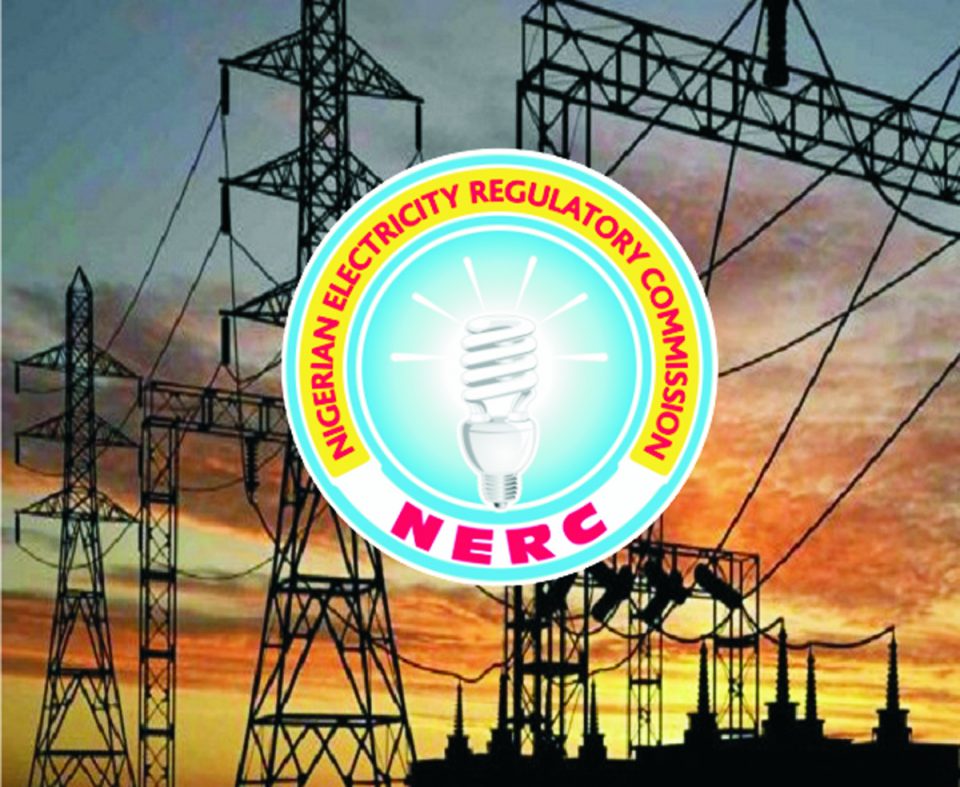The Federal Government has released another N120 billion through the Central Bank of Nigeria (CBN) to subsidise those on tariff bands D and E with less than 12 hours of power supply.
While dismissing World Bank’s claim that 78 per cent of power consumers in Nigeria get less than 12 hours of daily supply of electricity, the Special Adviser to the President on Infrastructure, Mr. Ahmad Rufai Zakari, in a statement, queried the empiricism of the bank’s figures.
According to the data from Nigerian Electricity Regulatory Commission ( NERC), 55 per cent of citizens connected to the grid are in tariff bands D and E which have less than 12 hours of power supply. Those citizens, he said, are being fully subsidised to pre-September 2020 tariffs until DIsCos are able to improve supply.
“It is inaccurate to make a blanket statement that 78 per cent of Nigerians have less than 12- hour daily access. The data from NERC is that 55 per cent of citizens connected to the grid are in tariff bands D and E which are less than 12 hours supply. Those citizens are being fully subsidised to pre-September 2020 tariffs until DisCos are able to improve supply. There is a N120 billion CAPEX fund from CBN for DisCos to improve infrastructure for these tariff classes similar to the metering programme that is ongoing,” Zakari said.
He said that power distribution to consumers is steadily improving, noting that the Power Sector Recovery Programme Opinion Research Fact- Sheet released by the World Bank at the weekend, is inaccurate to make a blanket statement that 78 per cent of Nigerians have less than 12 hours daily access. Zakari also kicked against aspects of the World Bank report that claimed that 58 per cent of electricity consumers in the country do not have meters to measure electricity use, dismissing the data as unverifiable.
“It is unclear who did this survey and what the timeframe is. All citizens that got free meters report they are happy about the reform trajectory. To date more than 600,000 meters have been delivered to DisCos out of the 1 million in phase 0 with installation ongoing. “Meters are sourced locally and are creating jobs in installation and manufacturing/assembly” he said.
Zakari clarified that the Service Based Tariff ensures that citizens pay more only when and if they are receiving high quality of service.
“All consumers have been communicated their bands and bands are published during billing. It is inconceivable that anyone would imply that 4 out of 5 Nigerians are not intelligent enough to understand tariff classes and what they are paying for,” he explained. The Adviser on Infrastructure said his office enjoyed a robust working relationship with the World Bank and was therefore surprised that such a report would be released without input of other critical stakeholders.
“We have a good working relationship with World Bank but metrics around the Nigerian Power Sector will come from the Ministry of Power and NERC.




